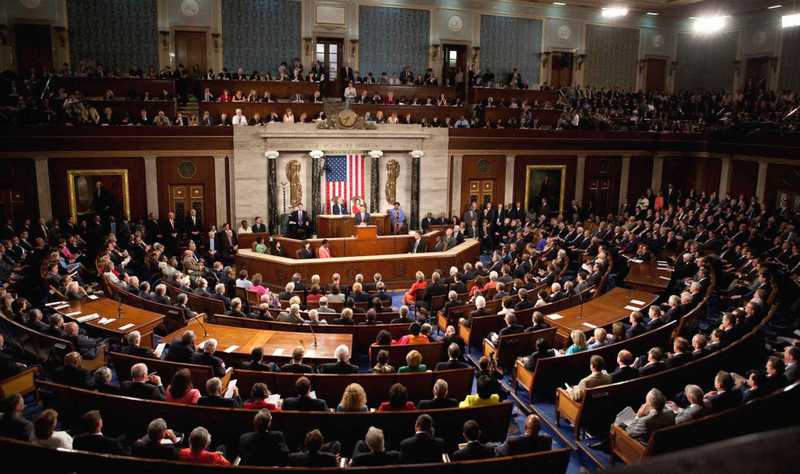Washington, DC — The United States Department of State supports the goals of the Reciprocal Access to Tibet Act and will take steps to implement the bill if it becomes law, a department official said at a Subcommittee Hearing titled ‘The China Challenge, Part 3: Democracy, Human Rights, and the Rule of Law’ on 4 December.
According to the Washington DC based International Campaign for Tibet, the hearing also affirmed US’s clear position on the Dalai Lama’s reincarnation, saying that the Congress would reject the Chinese government appointment of the next Dalai Lama. Presiding over the hearing, Senator Cory Gardner (R-Colorado) said: “I think it’s clear that this Congress would not recognize a Chinese imposition [of a new Dalai Lama].”
Laura Stone, Acting Deputy Assistant Secretary, Bureau Of East Asian and Pacific Affairs, US Department of State said the US has a clear position that religious decisions should be made by religious organizations, not by political regimes. She added that there is wide support for that position among the US public.
“The fact that you’re asking that question is an important signal in itself to the Chinese government that this is the kind of issue that we are watching very closely and at very senior levels,” she told Sen Gardner.
The hearing was attended by Members of the US Senate Foreign Relations Committee’s Subcommittee on East Asia, the Pacific and International Cybersecurity Policy and representatives from the State Department and the United States Agency for International Development (USAID) joined the hearing.
Acknowledging the Tibetan Policy Act of 2002, Sen Gardner said very few American diplomats have been able to enter Tibet because the Chinese government refuses to give them access, just as it also denies access to Tibet for American journalists and tourists, as well as citizens from around the world.
Sen Gardner asked the acting deputy assistant secretary in the Bureau of East Asian and Pacific Affairs at the State Department, what level of access to Tibet her agency has received over the past three years.
While Stone said she would have to look into that and get back to him, she told Gardner that: “I do want to state very clearly that I do understand the Senate is considering the Reciprocal Access to Tibet Act. We do want to continue to work very closely with Congress and with your staff with the goal of seeing that Americans do have access to Tibet.”
The Reciprocal Access to Tibet Act, which takes aim at China’s unfair policy of banning Americans from Tibet, even though Chinese officials travel freely throughout the US, was unanimously approved by the Senate Foreign Relations Committee last week. It now needs to pass the full Senate and be signed into law by President Trump.
The bill requires the State Department to identify the Chinese officials responsible for keeping Americans out of Tibet. The Secretary of State will then ban those officials from receiving visas to enter the US.
Sen Gardner, one of 14 Senate cosponsors of the bill, noted that “Chinese officials who purport to represent Tibet have been freely coming to the United States.”
He asked Stone if the State Department shares the goals of the legislation. She said yes, and when Gardner asked if the department would work to implement the bill, she replied, “Of course.”
In addition to Gardner, Sens. Tim Kaine (D-Va.), Ed Markey (D-Mass.) and Marco Rubio (R.-Fla.) all spoke at the meeting in support of the Tibetan people and their struggle for democracy and human rights.
Gloria Steele, acting assistant administrator in the Bureau for Asia at USAID, told the hearing that her agency partners with Tibetans to help them preserve their culture, sustain their livelihoods and conserve their environments.
Sen. Ed Markey (D-Massachusetts) said: “We are seeing the Chinese government’s authoritarian attitude influence five key areas. First, it seeks to politically curb dissent through censorship of all types of freedom of expression, including online. This approach is drawing American companies such as Google into this way of thinking and along the way, compromising data privacy provisions on their online platforms in exchange for greater market access for American companies.”


![Tibet has a rich history as a sovereign nation until the 1950s when it was invaded by China. [Photo: File]](/images/stories/Pics-2024/March/Tibet-Nation-1940s.jpg#joomlaImage://local-images/stories/Pics-2024/March/Tibet-Nation-1940s.jpg?width=1489&height=878)


















